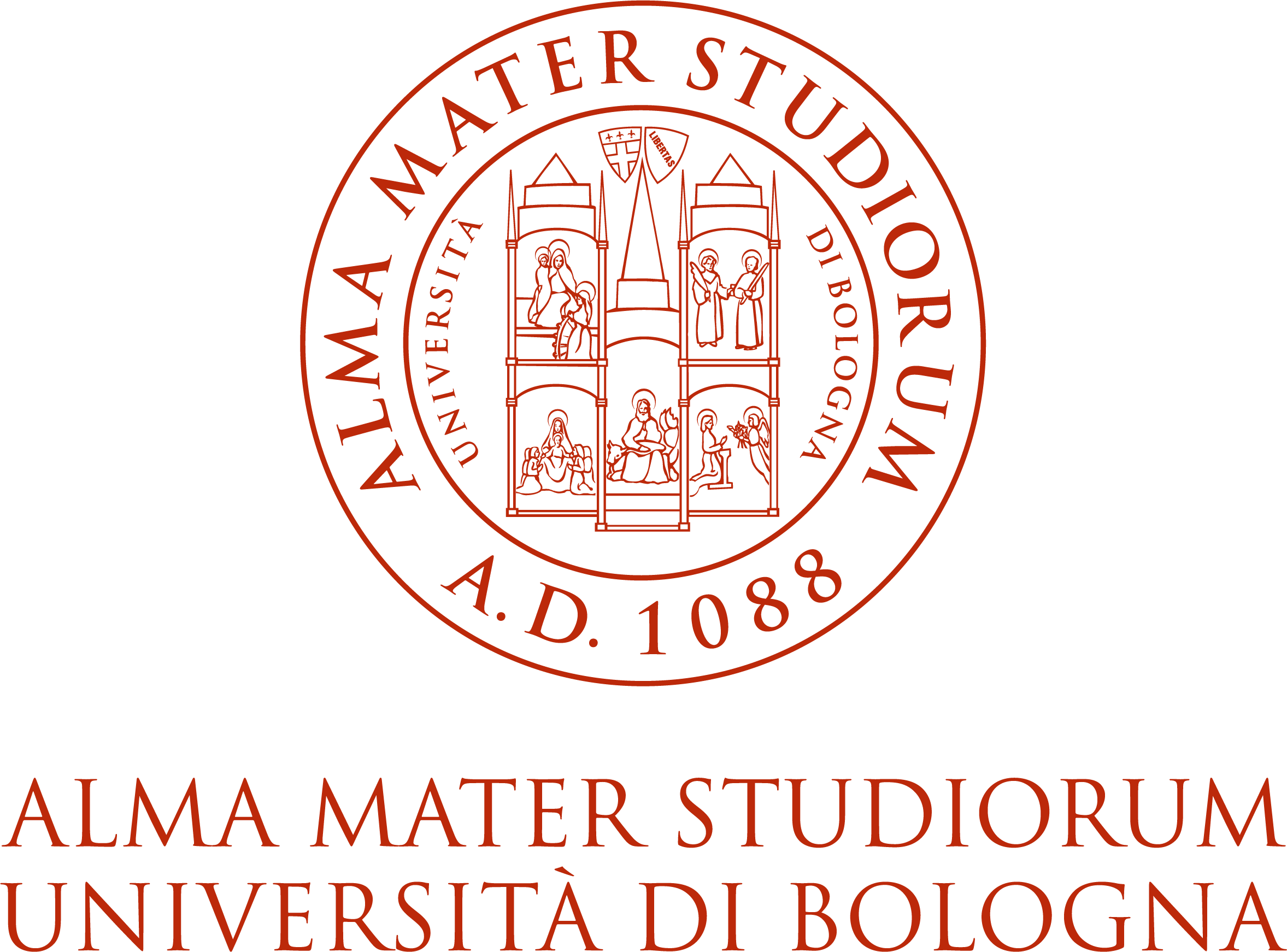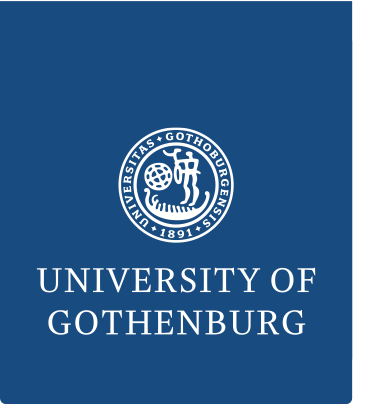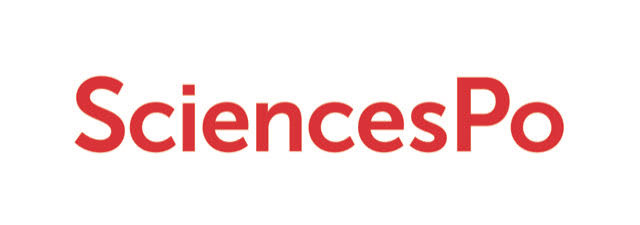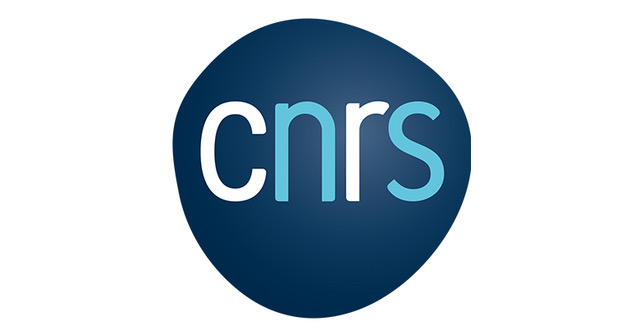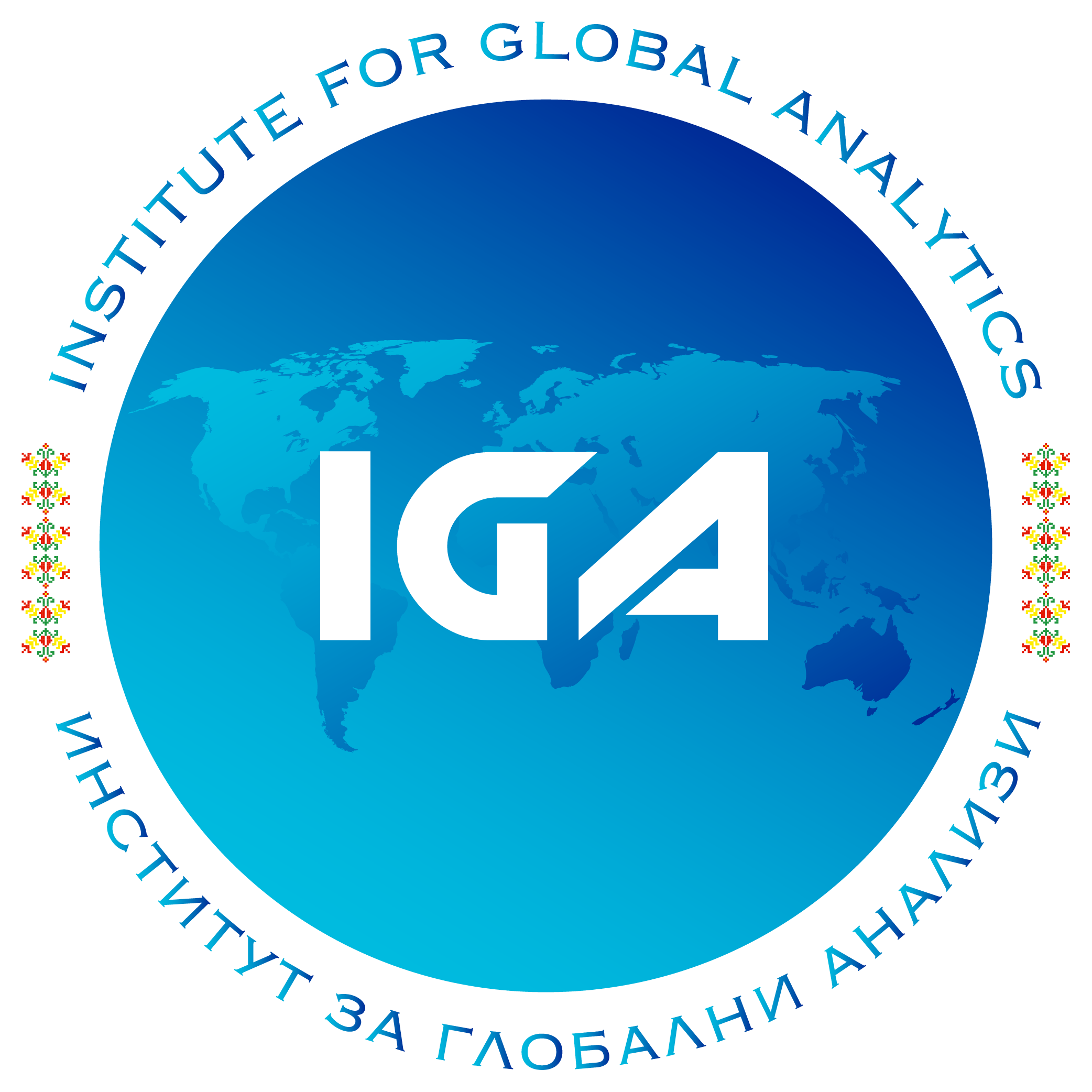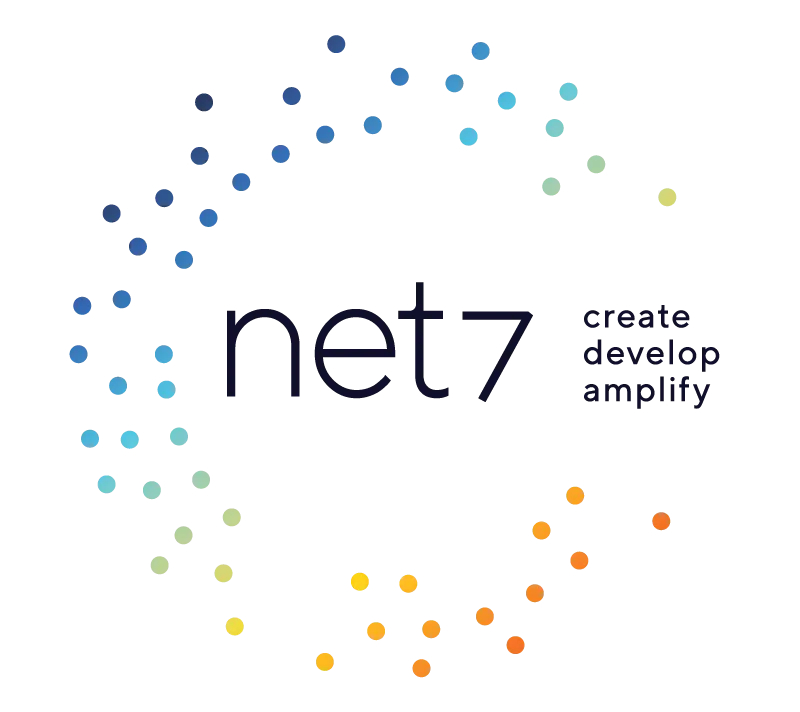The RESPOND consortium consists of 14 partners and 3 affiliated entities from 12 countries across Europe. Its structure is built on principles of excellence, transnationality, interdisciplinarity, and collaboration. Consortium members have been carefully selected to ensure complementary coverage of the necessary areas, minimizing overlap and leveraging their expertise, as well as their previous or ongoing projects, to effectively align with the project’s objectives.
UNIBO has a long tradition in studying communication, political and social sciences, and law. Its Department of Political and Social Sciences has expertise in anticorruption movements, social movements outcomes, digital media, including fake news and polarization, political communication, cybercrime, and comparative politics (with a focus on radicalism) and draws on both quantitative and qualitative approaches. UNIBO has advanced on studies of anti-corruption from the grassroots and anti-corruption technologies, especially with the ERC project BIT-ACT– that has opened new paths to look at the role of digital media to sustain civil society initiatives in the fight against corruption. The UNIBO research partner also includes an expert on corruption and anti-corruption is part of the
UNIBO research team from the University of Pisa.
Role in the project : UNIBO will coordinate RESPOND and actively contribute as research partner with its multidimensional expertise on digital media, leading WPs 1, 2 and 7.
UGOT was the ANTICORRP consortium leader through the Quality of Government Institute (QoG) founded in 2004, as an independent research institute within the Department of Political Science at the University of Gothenburg. QoG has a team of about 30 researchers, among them world leading scholars on corruption studies who work on topics such as gender and corruption, bureaucratic corruption, societal accountability, lobbying and whistleblowing. QoG conducts and promotes research on the causes, consequences, and nature of trustworthy, reliable, uncorrupted, and competent government institutions and offers some of the largest datasets on quality of government, transparency, and public administration.
Role in the project : lead WP 4, bringing expertise in qualitative research on societal accountability and public administration.
CEU is accredited in the United States and Austria and known for its excellence in using data science methods to understand the quality of government globally. Its Department of Public Policy has experts working on corruption, favoritism, private sector collusion, legislative practices, and government spending efficiency. It has expertise in leading EU funded projects, such as the DIGIWHIST that developed new techniques to measure corruption risks, administrative capacity, and transparency in public procurement in 33 European countries. Together with Sciences Po has been developing a new dataset on legislative favoritism.
Role in the project : lead WP3 and WP11, being responsible for collecting and analyzing big data on legislative changes, public spending, and electoral outcomes and developing exploitation strategies using the new data repository and interactive website.
UVA is based in Amsterdam and listed as the best universities for Communication Science and Media Studies in the world, according to the QS World University Rankings by subject 2022. With a focus on social and people-oriented issues, its Faculty of Social and Behavioral Sciences has a team with a diversified academic background that includes communication, political science, psychology, sociology, anthropology, human geography, international development that have contributed to studies on elites, corruption, and AI.
Role in the project : Lead WP8, advance knowledge on the role of the media and education in the social construction of corruption.
The University of Lisbon is the largest and one of the most prestigious universities in Portugal. Its Institute of Social Sciences (ICS-ULisboa) counts on a team with background on political and social sciences, history, and economics with expertise in conducting multi-method research on both criminal and legal political corruption and integrity. They coordinated two projects (EPOCA – Corruption and Economic Crisis and Ethics and Integrity in Politics) in Portugal that included experiments, cross-national and national surveys to better understand non-explored features of corruption and its impacts on democracy, along with social understandings, perceptions, attitudes, and (self-reported) experiences of corruption as well as the capacity of politicians and political parties to develop self-regulations on ethics.
Role in the project : lead WP9, bring expertise in both surveys and experiments that deal with corruption and quality of democracy to be expanded to other countries.
https://www.sciencespo.fr/fr/a-propos/gouvernance-budget/fnsp
Sciences Po ranks 2nd globally for the Study of Politics in the 2022 QS World University Subjects Rankings and is largely known for its multidisciplinary work and pioneering labs on electoral sociology and policy analysis. Its Centre d’études européennes conducts studies on political corruption (perceptions, social reaction, and national and international public policies), on regulatory policies, the interdependencies between governments and private companies, and the role of elected representatives in the governance of advanced capitalist economies. And its Department of Economics has been producing innovative research on media economics, political participation, and political attitude.
Role in the project : by using data science and previous partnerships with the CEU, it contributes with WP3 by introducing new forms to collect and analyze legislative data and with WP6 with research on media capture.
ThCNRS, the French National Centre for Scientific Research is an interdisciplinary public research organisation under the administrative supervision of the French Ministry of Higher Education and Research. The CNRS is one of the most important research institutions in Europe and the world. It is largely involved in national, European and international projects covering all fields of science. CNRS manages more than 1,100 research laboratories in France and abroad either under sole authority or in partnership with universities, other research organisations or industries. The CNRS is divided into 17 regional offices that are entrusted with the direct and local management of laboratories. CNRS hosts around 29 000 scientists and counts 55 000 publications in 2021 of which 80% are on open access. Under H2020, the CNRS was the first research organisation beneficiary with over 1 800 grants signed for about one billion euros.
Role in the project: leading and contributing with tasks related to theoretical development, the impact of political corruption and with tasks related to the publishing and maintaining a user-friendly and dynamic open data repository on political corruption.
Transcrime is the Joint Research Centre on Innovation and Crime of the Università Cattolica del Sacro Cuore, the University of Bologna and the University of Perugia. The Centre has a staff of more than 30 members, including researchers, developers, and experts from different disciplines (criminology, finance, statistics, IT and law). With 300+ research projects funded at national, EU and international level, it has worked with civil society, LEAs and anti-corruption authorities to research and develop solutions against corruption schemes in several past and ongoing projects. These include FALCON (implementing an anti-corruption intelligence framework), KLEPTOTRACE (addressing sanction evasion, kleptocracy and high-level corruption), DATACROS (for detecting anomalies in firms’ ownership structure to flag financial crime and corruption risks), CSABOT (enabling civil society to foster beneficial ownership transparency) and others.
Role in the project : lead WP5, they will apply an innovative methodology to understand the mechanisms of corruption in digital societies and the role of personal connections/revolving doors, and will identify gaps in conflict-of-interest regulation.
https://globalanalytics-bg.org
IGA is an independent and non-partisan NGO based in Bulgaria. It developed expertise in establishing
bonds among academia, policy-making and civil society. Its work focuses on research and advocacy aimed at improving democracy by raising awareness on topics such as legal and regulatory evaluation, political, economic and media influence of foreign authoritarian states (mainly policies of Russia and China) in Central and Eastern Europe, disinformation and propaganda and gender issues.
Role in the project : leading and contributing with tasks related to legal and regulatory assessments, and conducting tasks linked to qualitative research in Bulgaria.
ACREC is the first dedicated anti-corruption research and educational center based in Ukraine and with partners in Georgia, Moldova, Armenia, and Kyrgyz Republic. It was founded by Transparency International Ukraine, the Anticorruption Action Centre, and the National University of ‘Kyiv-Mohyla Academy’ in 2015. The main goal of the team of the Centre is introduction of short and long term interdisciplinary practically oriented training programs for good governance and creation of open society in the post-Soviet space.
Role in the project : organize meetings within the consortium and other partners and with other stakeholders, develop training sections and conduct tasks linked to qualitative research in Ukraine.
LIBERA – ASSOCIAZIONI, NOMI E NUMERI CONTRO LE MAFIE – Italy (Partner)
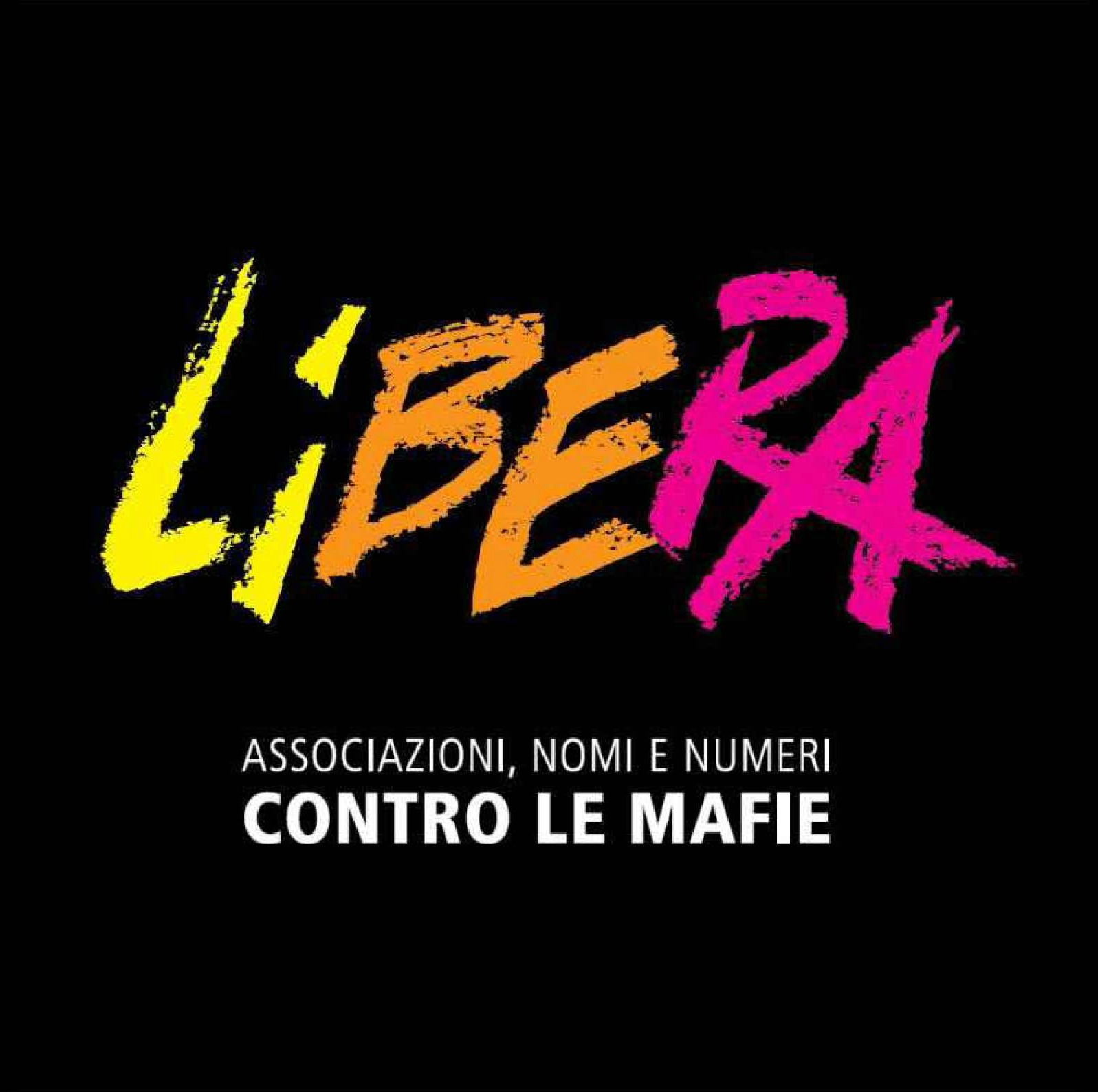
LIBERA is a network of civil society organizations committed to combating corruption and mafias while opposing those who enable them, with the aim of promoting social justice and democracy. Founded in Italy in 1995, the network currently includes 278 local groups and 80 international organizations across 35 countries in Europe, the Western Balkans, Africa, and Latin America. Among its activities, LIBERA develops anti-corruption and pro-ethics educational programs for schools and universities and provides training for citizens on civic monitoring.
Role in the project : LIBERA will implement empowerment initiatives focused on integrity, ethics, and community-based anti-corruption monitoring. Leveraging its expertise and extensive network, it will also conduct assessments of its educational programs to enhance their impact.
S-COM is an international non-profit agency based in Brussels with substantial experience in communication processes, dissemination management and tools, awareness, and capacity building. It collects best practices in structuring dialogue with stakeholders to establish participatory approaches and contribute to increasing scientific knowledge, including with other EU funding projects.
Role in the project : It will be responsible for RESPOND communication, dissemination, and exploitation strategies, leading WP12.
NET7 is a systems and software integration company specializing in the use of open-source softwares and web technologies, text & data analytics, semantic web, tourism promotion, digital humanities, web communication and open science. Among Net7’s experience there are as well projects on UI and UX design and development. In the latest years its R&D is focusing on data management and curation for SSH projects and in developing collaborative and knowledge sharing platforms.
Role in the project : NET7 will be responsible for the technological development of the website, supporting the partners with their digital expertise in the co-creation processes and in the development of the project’s dissemination and communication plan.
TRC – Tele Radio City is a social cooperative that, in 1975 founded Radio Sherwood, one of the first free radio stations in Italy. Radio Sherwood is a reference point for alternative culture and social movements. Over the years, TRC worked with various European media groups to create an independent European television network, which took the name European Counter Network (E.C.N.). The network includes British, German, and French organizations and it is an award-winning initiative related to social inclusion issues.
Role in the project : TRC will support partners in the creation of the communication and dissemination plan, supporting communication on the website, on social media, through the media and in the production of the podcasts and multimedia material.
https://www.govtransparency.eu
GTI is a non-partisan think tank that researches corruption, collusion, spending efficiency, and administrative quality in public procurement and legislative processes. It advocates for good governance based in Hungary. It accumulates expertise in using big data, econometrics, and qualitative methods to help citizens and companies hold their governments accountable through the publication of novel datasets and robust analyses in Europe and beyond.
Role in the project : Conduct tasks related to data science, expanding data collection and analysis of public spending and help with both the creation of the new repository and its exploitation among stakeholders of interest.
KCL is one of the top-ranked UK universities and its Faculty of Social Science and Public Policy has world-leading expertise across social science disciplines, with recognized strengths in political economy, social risk, security studies, and social justice and academics specialized in important and dynamic regions of the world, including the European Union, China, Russia. It also draws on specialist expertise about anti-corruption public policies and practices, digitalization, and its impact on (anti)corruption, narratives of corruption and integrity development.
Role in the project : lead WP6, bringing its global perspective and deep relationships with government, business, civil society, and international organizations to advance knowledge on media capture.
KING’S COLLEGE LONDON – United Kingdom (Partner)
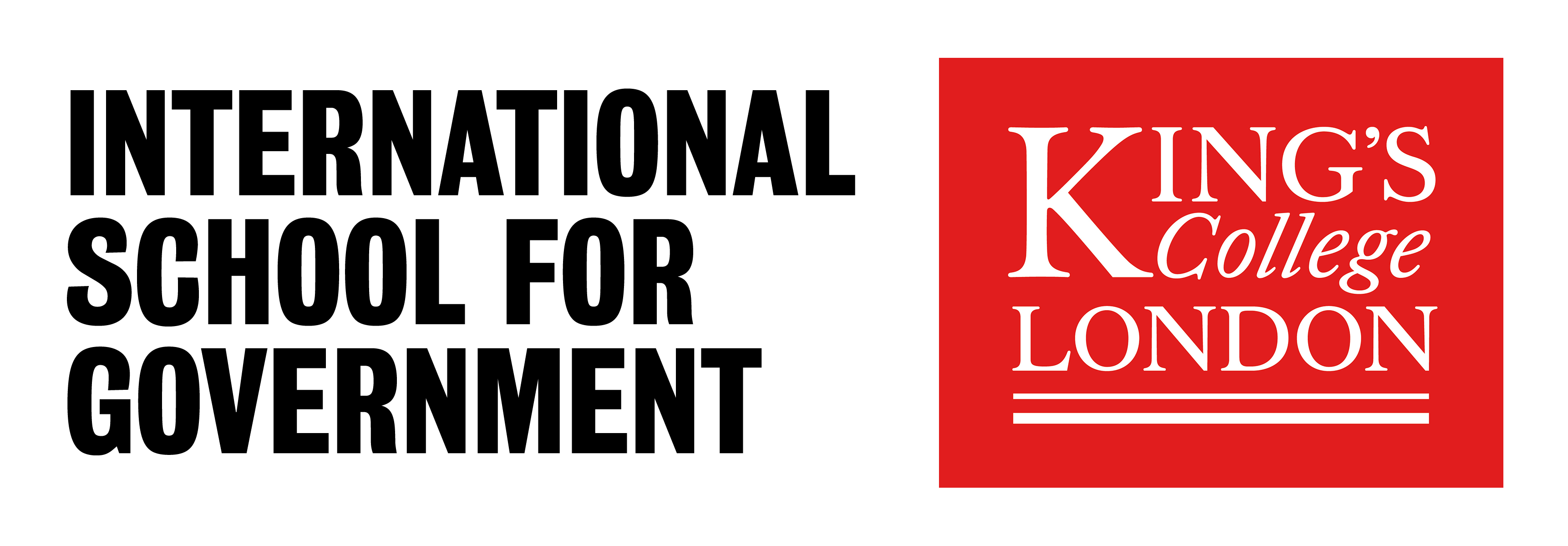
UNIVERSITÄT DUISBURG-ESSEN – Germany (Partner)
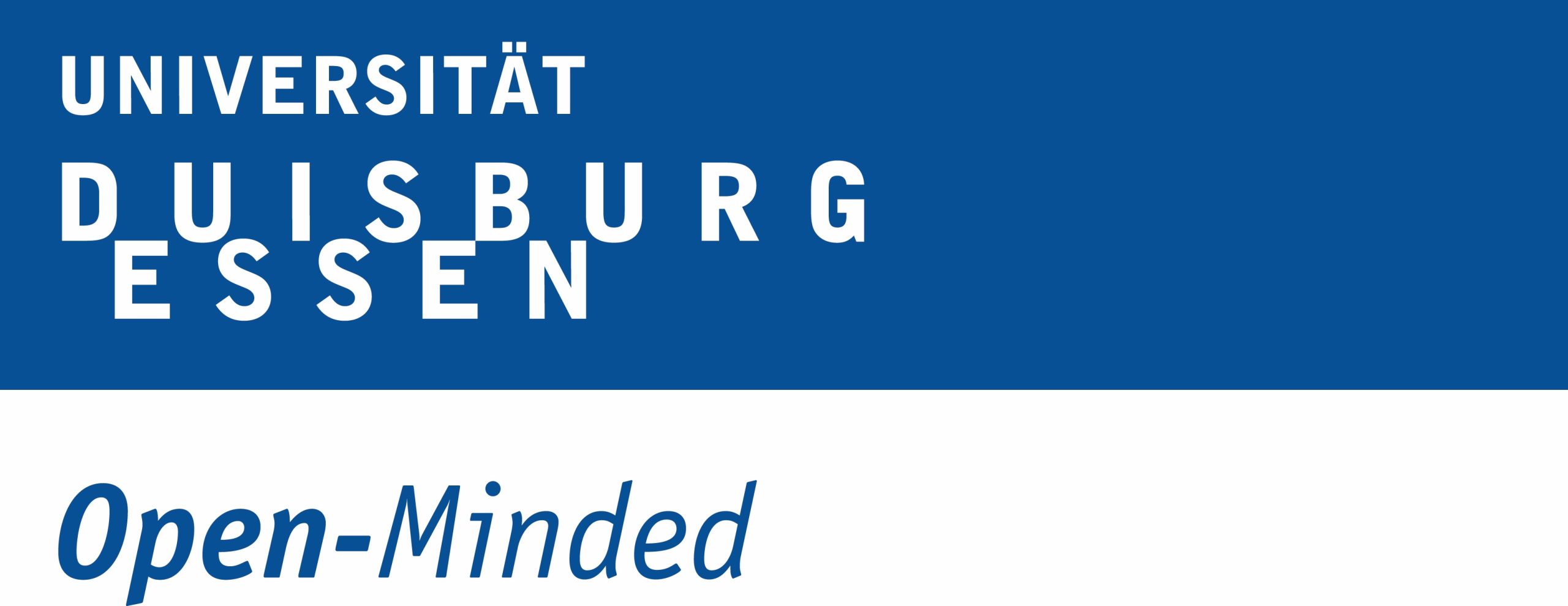
The Universität Duisburg-Essen (UDE), located in North Rhine-Westphalia, Germany, is one of the largest and most diverse universities in the country. Formed by a merger in 2003, UDE operates across two campuses, Duisburg and Essen, and serves over 40,000 students. The university is known for its strong focus on interdisciplinary research, especially in fields like nanotechnology, medical technology, social sciences, and digital transformation. UDE is highly international, with collaborations worldwide and a diverse student body, making it a hub for global exchange. The institution emphasizes innovation and social responsibility, preparing students for the challenges of modern society.
Role in the project : lead WP10, bringing their expertise in humans and machines to assess how democracy is being practiced.

